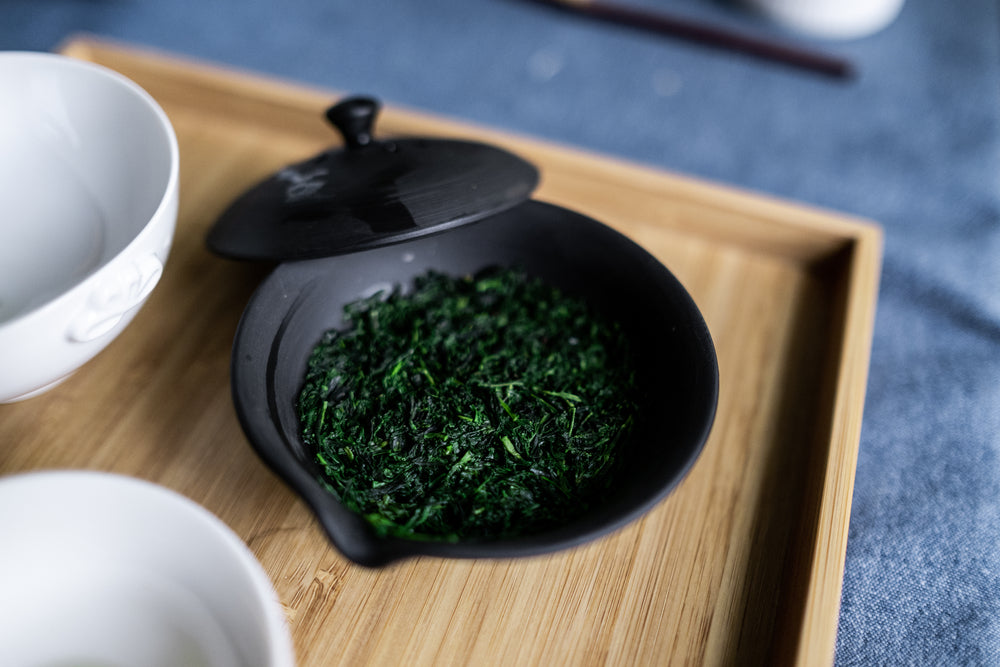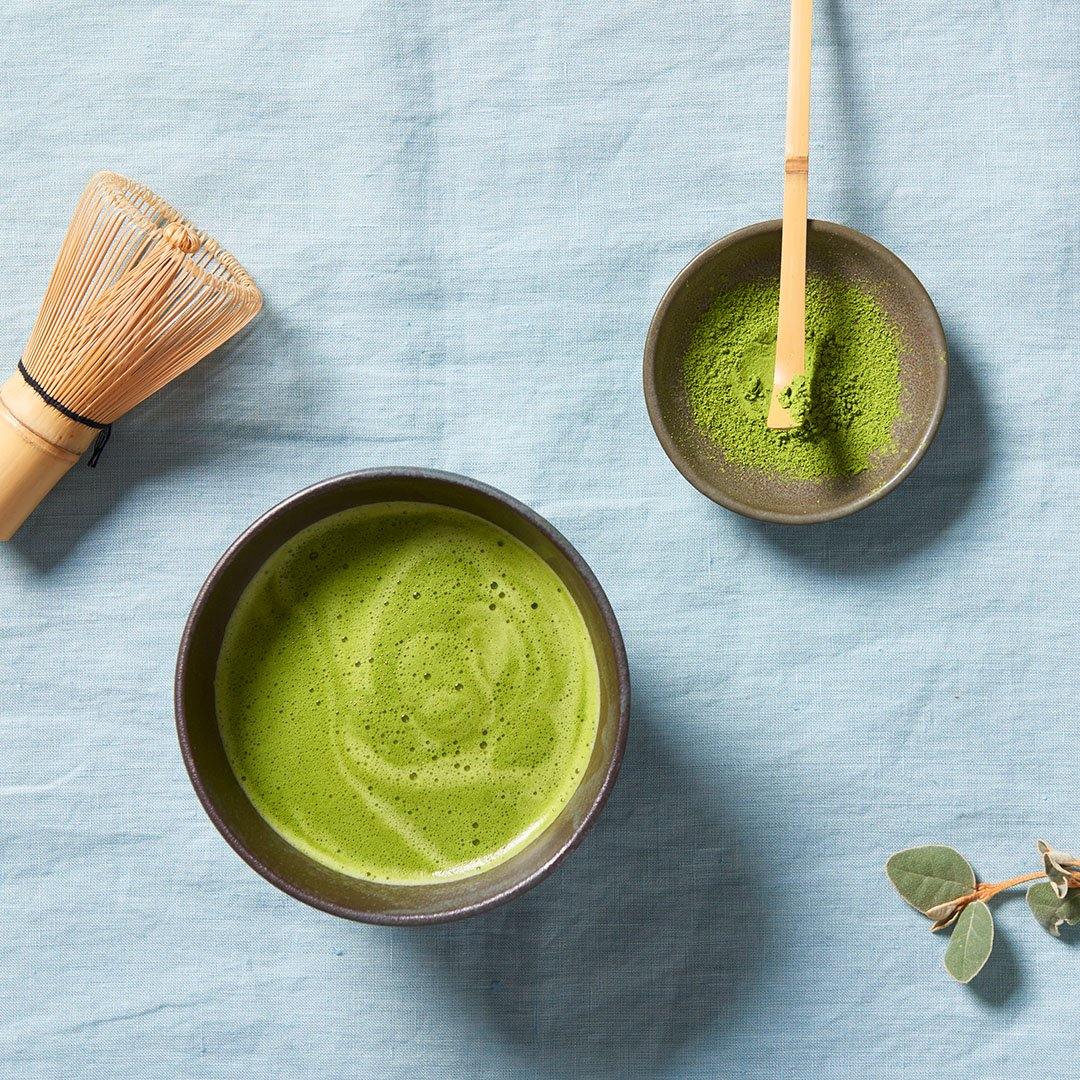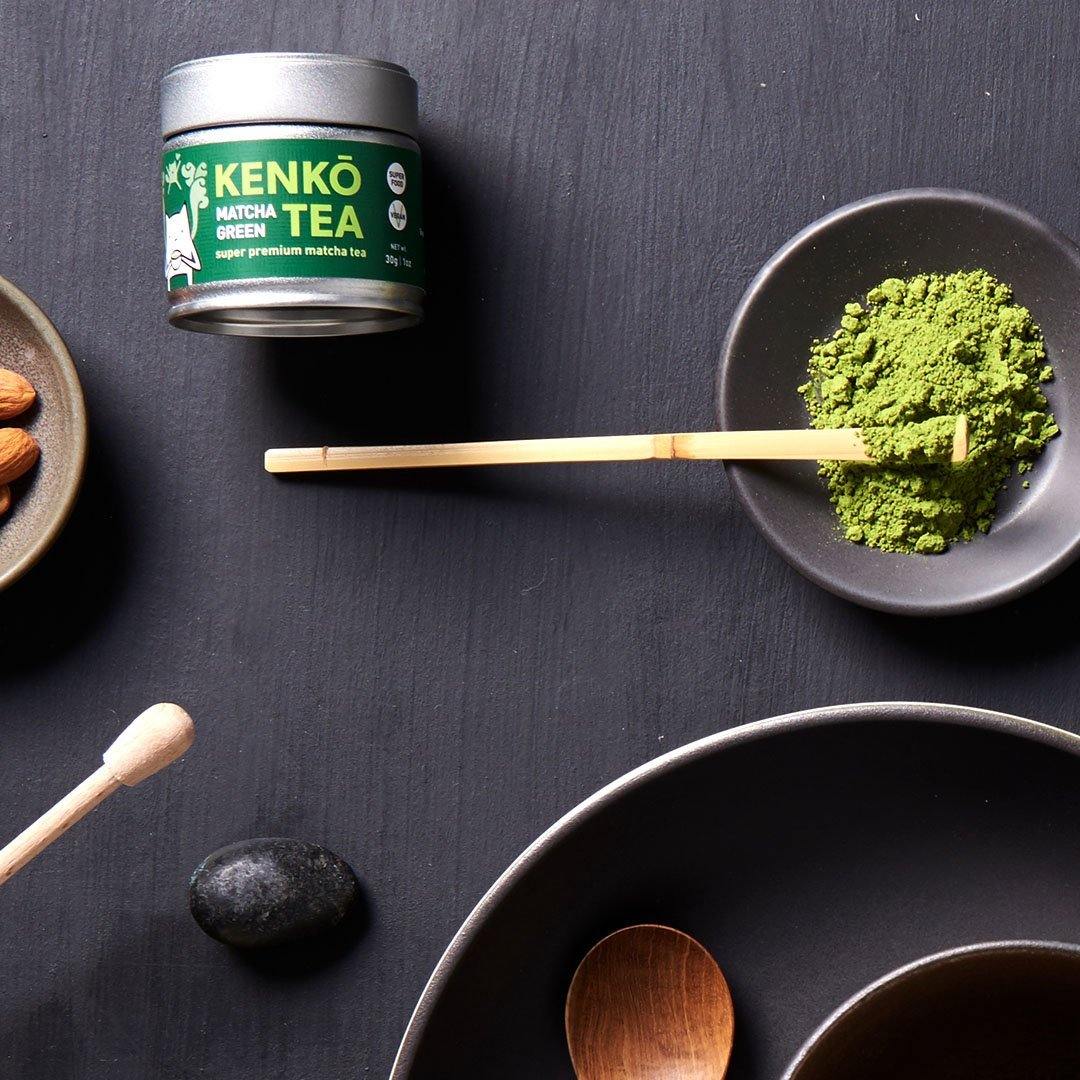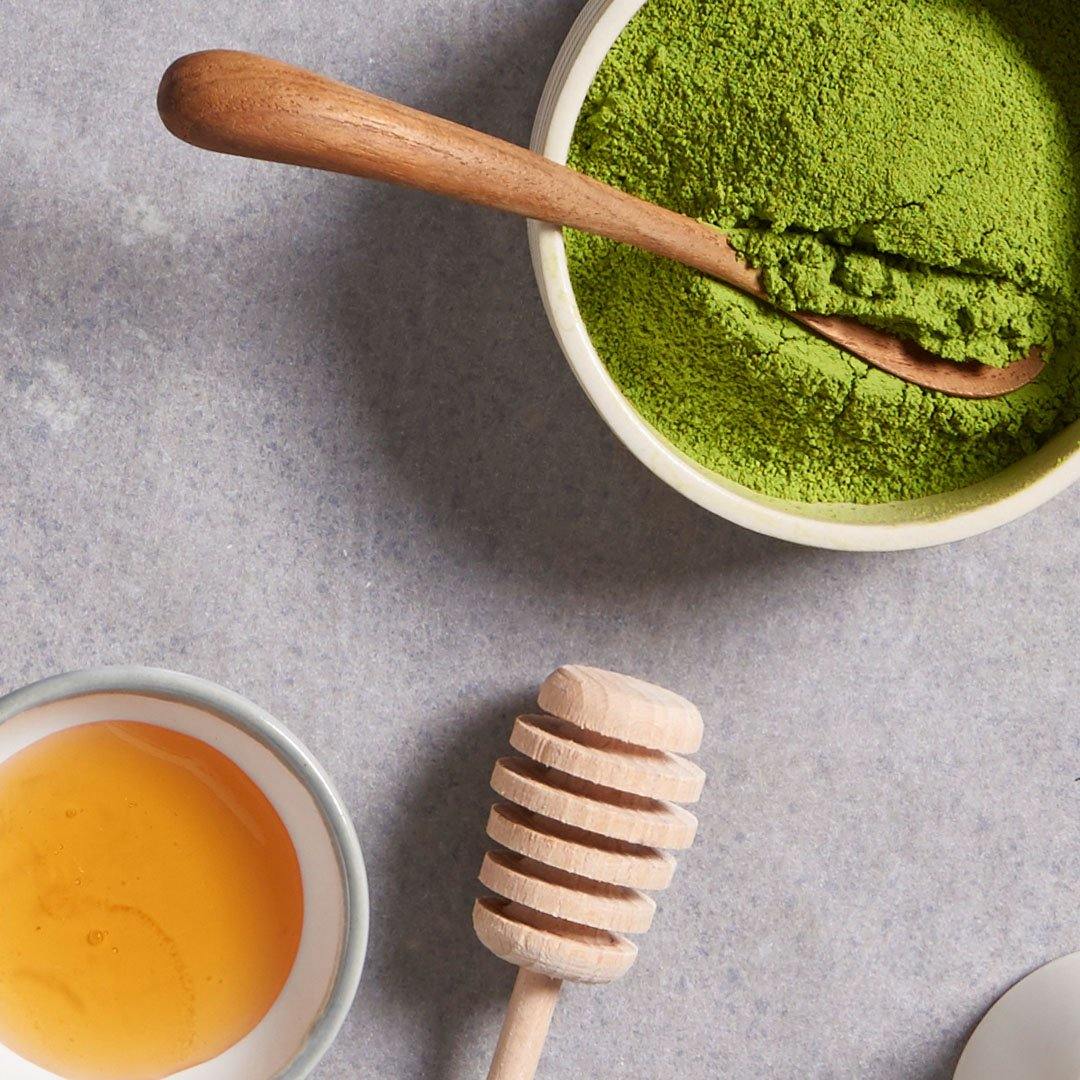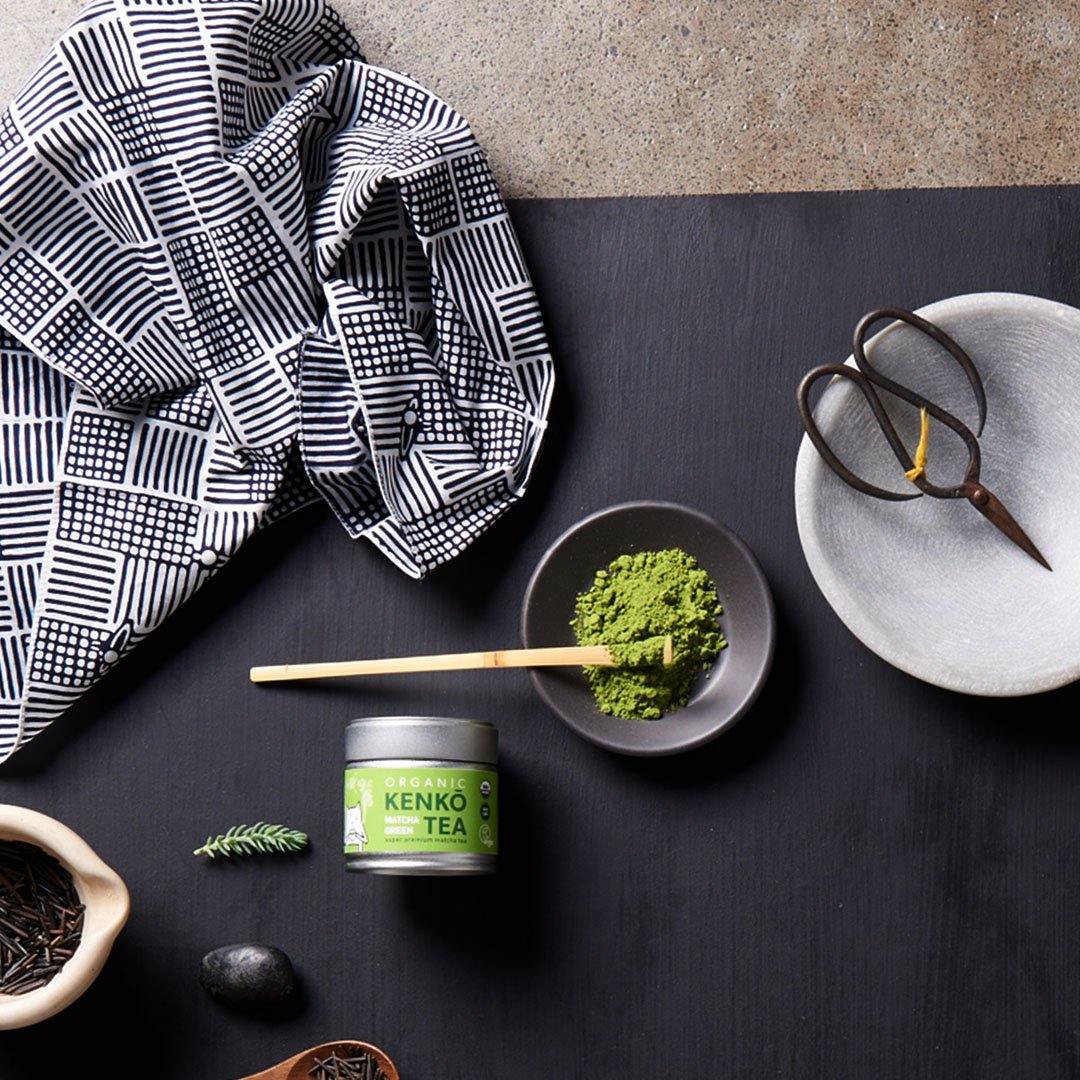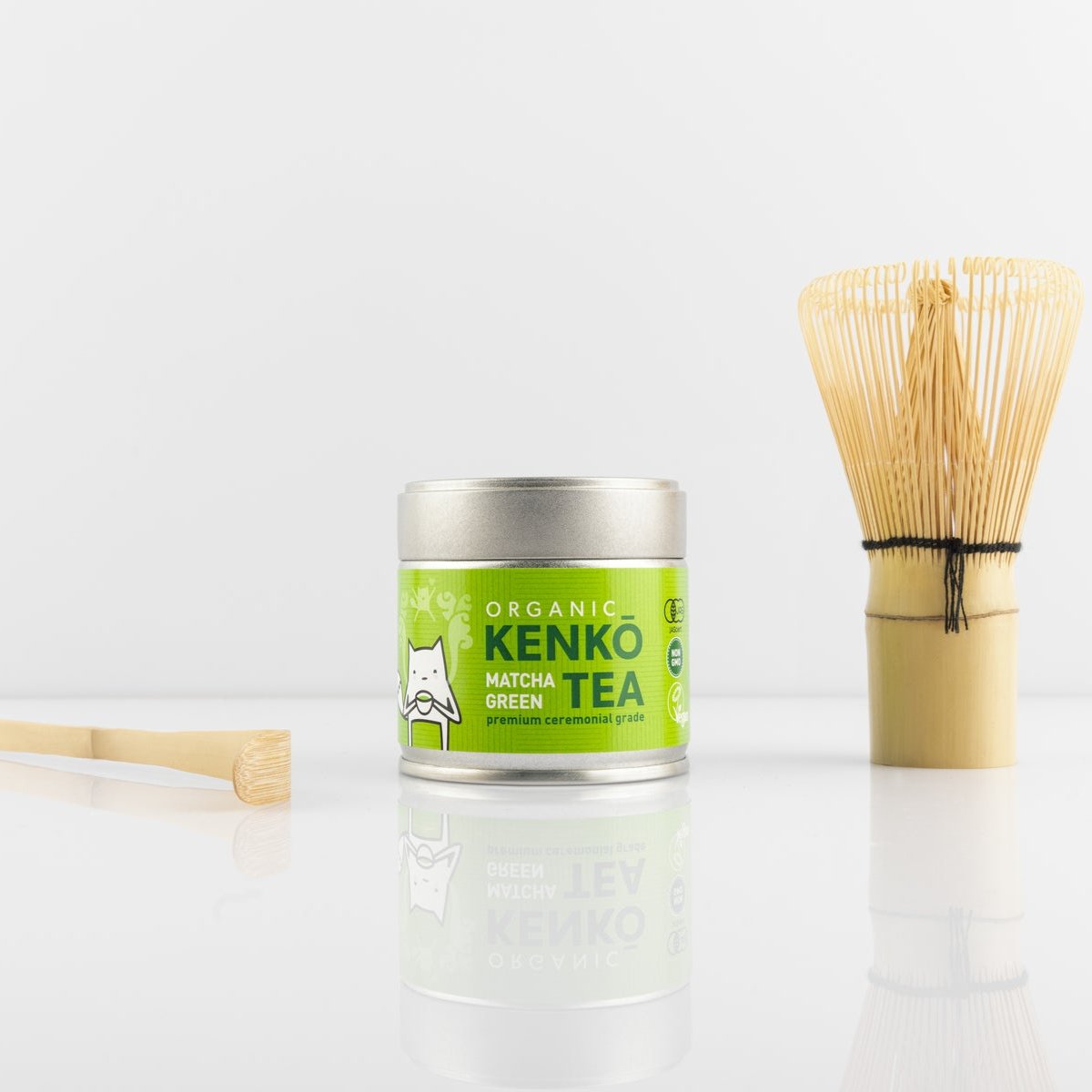From ordering to delivery, a very straight forward process. Matcha is not bitter, easy to drink.
Just brilliant! By far the best I have purchased and now will not buy any other. I feel so much more alert and focused when I drink this. Definitely worth getting the three pack, value for money and good for the soul.
Really enjoying making my daily Matcha and creating my own rituals. My favourite is combining with some Tumeric as well in coconut milk and almond milk.
The product is excellent and I’ve become a repeat customer. Although shipping standard have dropped as I paid for express shipping yet too longer time to arrive

